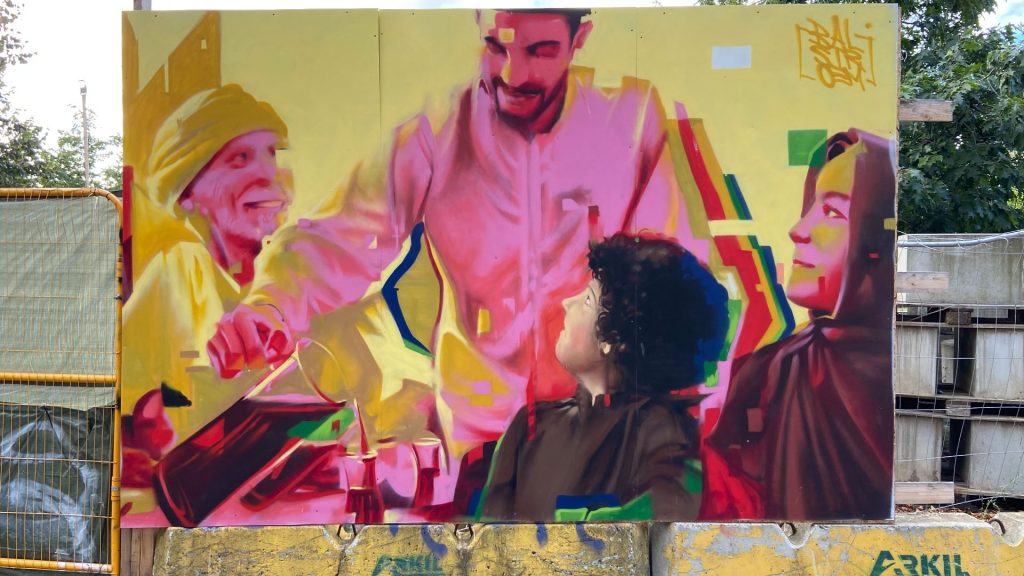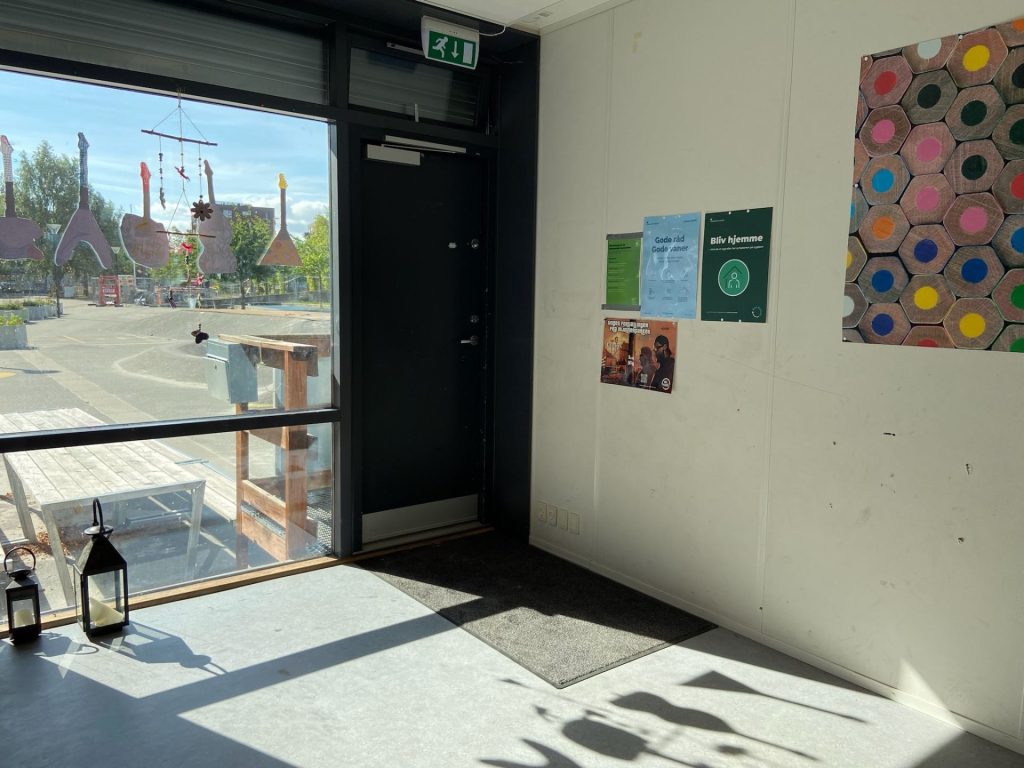
18th September 2022, by Cleo Ding
COPENHAGEN – On a sunny afternoon, Christine Philip was playing with her four-year-old son in Mimersparken, a park located near Nørrebro, the most densely populated and diverse district in Copenhagen.
Philip said she only gained her citizenship five years ago while she has been living in Denmark for 30 years.
Sara Kadim, a teacher who works with Mimersparken community centre, a social hub which provides support for the region’s newcomers, said some regular visitors are refugees who came to work in Denmark in the 60’s.
“They have been living isolated or with others from the same area. And a lot of them moved out now, but they also come down here to have a talk, learn about the culture or want company,” said Kadim.

Political scientist Roger Buch said it’s “difficult to have open borders” in Denmark due to the present political climate, even with the refugee crisis swelling up across Europe.
For decades, the Danish model of immigration has served a small and homogeneous demographic.
Denmark has not been a country receiving more refugees or immigrants compared to other neighbouring countries historically, Buch explained.
Buch said Denmark’s restrictive immigration policy is largely tied in the dynamics of Danish politics regardless of which one is the prime minister party. During the election years in the past 30 years, immigration turned out to be a powerful theme that could attract voters.
“Right now, the economic situation is what will really decide which direction we will go — whether we will make some slight opening of the doors or we will shut the doors even closer.”
This story is written for an international audience who are interested in immigration laws in European countries and could be published on https://www.EUobserver.com.